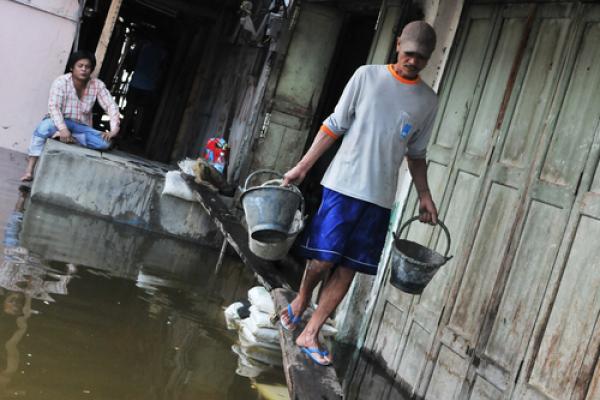If you are reading this and are from North America — and perhaps even if you aren't — you are no doubt aware of just how divisive the issue of climate change is in the US and Canada. Experts from both sides of the issue are regular installments on the 24-hour news networks, presenting the latest data in favor of or disputing the warming of the planet. Policy experts offer the pros and cons of legislation aimed at cutting greenhouse gas emissions. Law makers debate possible action steps. Facebook posts supporting or refuting climate change turn into hotbeds of political (and sometimes a little bit of personal) attacks. Friends bicker; family relationships are strained.
This is simply the reality of the political climate in North America, but the existence of such rigorous debate is no coincidence. If warming trends continue the way that scientists are currently projecting (four degrees celsius by the end of the century), things in North America won't look all that different. We'll probably experience more droughts, our growing zones will shift, and Michigan will have the climate of Tennessee. Even if things do get bad in North America, we have the money and technology necessary to adapt fairly well to any changes in weather patterns or growing seasons that we might experience. In short: North America can afford not to worry about climate change — at least for a while.
Read the Full Article

